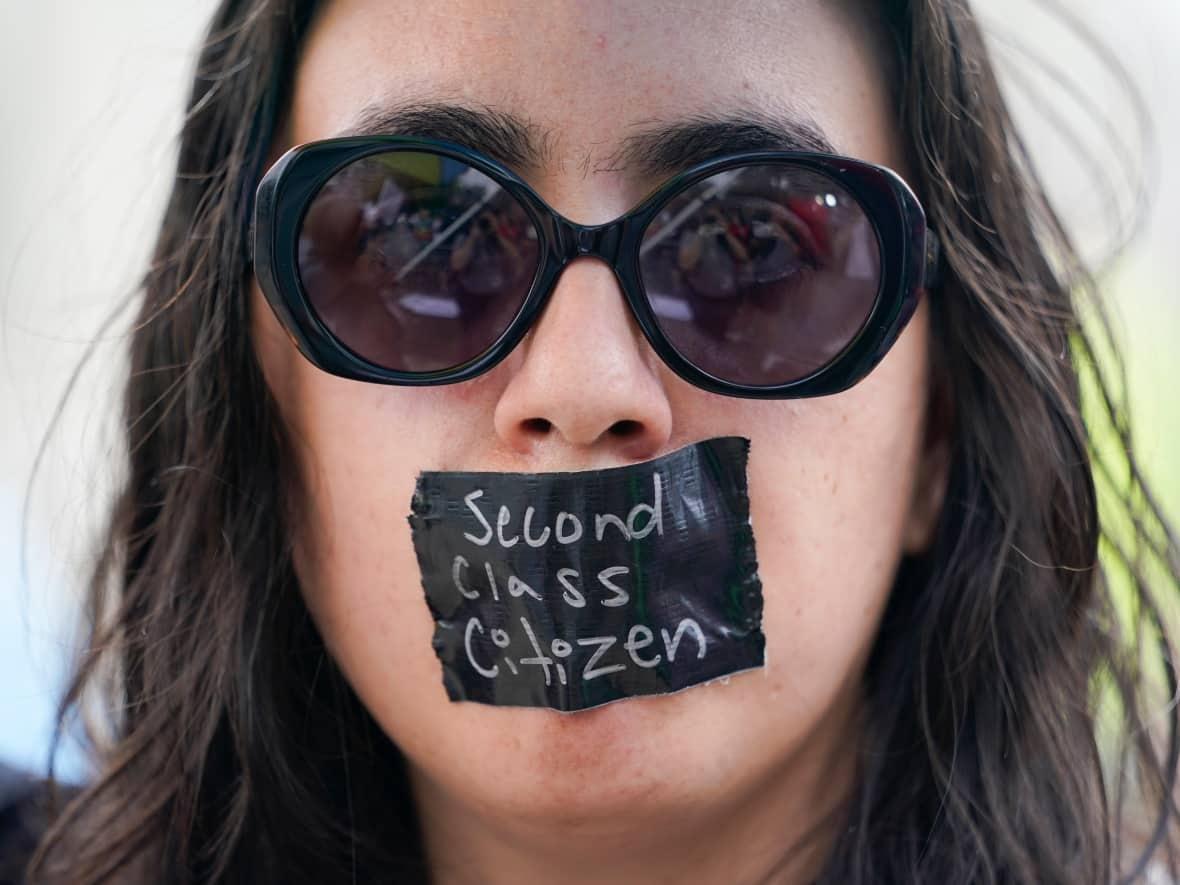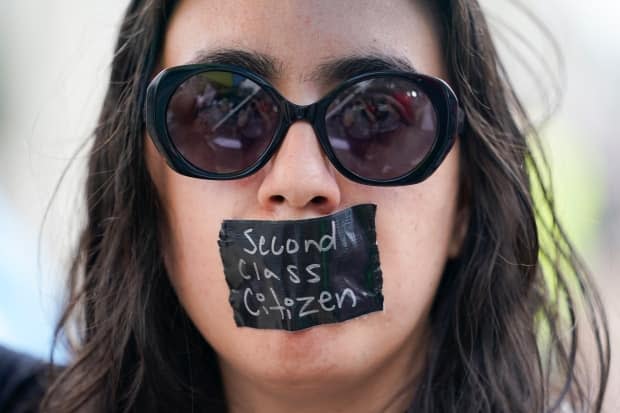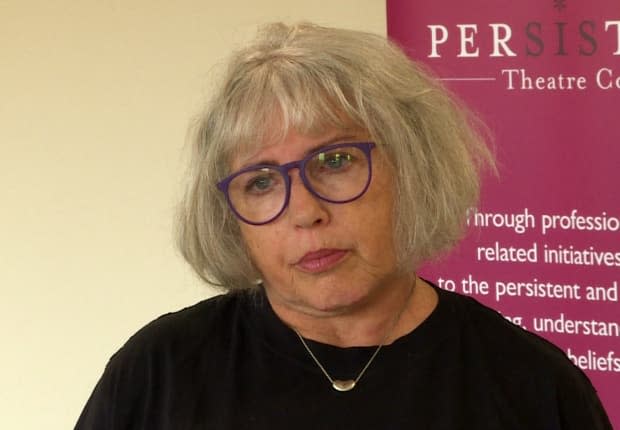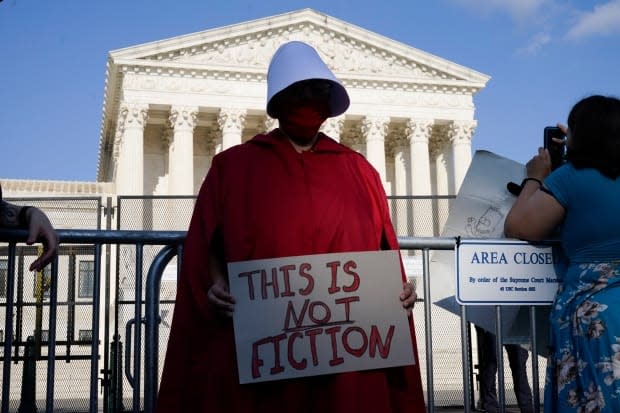Canadians concerned for Americans who may lack abortion access in wake of top court ruling

A U.S. Supreme Court decision to overturn constitutional protections for abortion has left some Canadian observers concerned for those who will struggle to access services they may urgently need in the wake of the ruling.
The decision from the top U.S. court had been forecasted weeks ago, when a draft version was leaked to the media.
But the ruling has set off so-called trigger laws in at least 13 states, banning or severely limiting access to abortion there.
"I think it really sets the United States of America up as a kind outlier in the Western world," said Noreen Golfman, a Canadian academic who helped set up the first abortion clinic in Newfoundland and Labrador more than three decades ago.

"It's not just sending women's rights backwards, it's like sending the whole country backwards in so many ways."
In Windsor, Ont., Pat Papadeas said the ruling was going to hurt marginalized people and it was taking the U.S. in the wrong direction.
"I'm saddened, I'm angry and I feel a lot of despair," Papadeas told CBC News near the border city's waterfront, which sits across from neighbouring Detroit.
The news was just as upsetting to Mohini Datta-Ray, the executive director of Planned Parenthood Toronto, even though it had been expected.
"I cried for 45 minutes," Datta-Ray said Friday. "Those of us who work at the reproductive justice movement obviously saw it coming down the road ... but it is still devastating."
Meanwhile, Prime Minister Justin Trudeau called the U.S. court ruling "horrific," tweeting that his heart goes out to the "American women who are now set to lose their legal right to an abortion."
New Democrat Leader Jagmeet Singh said in a statement that the U.S. top court had "walked back women's rights" and he urged that "these dangerous policies ... must not be allowed to take root in Canada."
Conservative MP Leslyn Lewis, a current Tory leadership contender with self-described "pro-life" views, drew a distinction between the two countries Friday, tweeting that "Canada is not the U.S." and that she believes Canadians can have "adult conversations" about abortion.
WATCH | An impact beyond U.S. borders?
'Shock waves' outside U.S.
Abortion is decriminalized in Canada because of a 1988 Supreme Court decision. But no bill has ever been passed to enshrine access into law, and it's also not considered a constitutionally protected right under the Charter of Rights and Freedoms.

Though the U.S. court's decision is sending "shock waves" across the world, the legal ability to have an abortion in Canada is not under threat, said Joyce Arthur, executive director of the Abortion Rights Coalition of Canada.
But her organization is concerned about Americans coming north for abortion care. It's calling on federal and provincial governments to give clinics with more funding because, as Arthur puts it, "even a small number of Americans can overwhelm our system."
In Regina, Andra Broussard, executive director at the Options Pregnancy Centre, said Saskatchewan could see North Dakota residents cross the border to get abortions.
"I would say that it is definitely possible. Abortion is still something that women will be looking for. So being that we're close, I'm sure women will come here to find it," said Broussard.
In neighbouring Alberta, provincial NDP Leader Rachel Notley said the events unfolding in the United States were a reminder that "fundamental human rights" must never be taken for granted.
"We must always fight to protect them," Notley said, in a video shared on Twitter.



